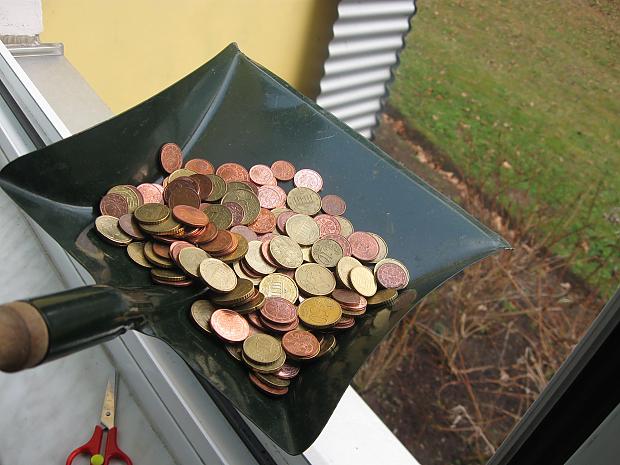This year's budgetary control more successful than ever
This year's budgetary control more successful than ever

I have been trying for years, in cooperation with like-minded MEPs, to reduce waste and conflicts of interest by actively participating in budgetary control. That's mostly a question of give and take, but with more than 80% of my proposals having been adopted, this year has been the most successful of the last decade. This isn't only a matter of over-payment of MEPs' expenses, but also attempts to end the monthly transfer of the entire Parliament to Strasbourg, the position of the more than forty agencies throughout the EU, protection of whistle-blowers, and making the integrity policy at the European Commission sharper and more effective. If the EP plenary accepts something, that doesn't mean it will happen, but at least we're going in the right direction.
Budgetary control sounds rather dull, and you do have to plough through a great many activity reports and statistics. It soon becomes frustrating, too, as you repeatedly have the feeling that you never get to the bottom of the whole story and that important information is missing. But with constant pressure you can certainly achieve something. So we are still to see measures taken against misuse of the general expenses reimbursement, for which each MEP receives roughly €4,300 per month, tax-free. Monitoring of this by accountants must be made compulsory and an exhaustive list drawn up of things on which this money can be spent. And of course, what you don't spend, you should have to give back. The ludicrous voluntary pension fund from before 2009 must be reformed, so that the taxpayer won't have to fork out for the costs. And an end must be put to the discounts which you can receive in shops and so on if you join the EP 'Social Club'. Finally, a very large majority of MEPs want to see the EU Treaty reformed so that Brussels replaces Strasbourg as the seat of the European Parliament, thus putting an end to the costly monthly back-and-forth. All of this would happen, at least, if the heads of government were to agree to our proposals.
Another example of waste concerns the more than forty agencies. Every member state wants at least one on its territory. The Netherlands has Europol (police), Eurojust (public prosecutors), and the European Medicines Agency. The Commission is now obliged to investigate whether it could manage with rather fewer of these bodies. Agencies which work on the same areas could be merged, or at least housed together. And Agencies must not become dependant on the emoluments which they receive from companies in return for the granting of licences (a kind of administrative expense). It would be better were these payments to be made to the Commission, and the Agencies funded from the EU budget. Otherwise, conflicts of interest will remain an enormous problem.
Things must change as well at the European Commission. The period during which an ex-Commissioner may not lobby EU institutions must be increased from two to three years, calculated from the moment his or her mandate ends. And the Commission's Ethical Committee, that monitors this, must from now on be filled out with independent experts, people such as academics and representatives of NGOs and other international organisations. Whistle-blowers must be better protected, and an end put to political appointments of officials, including within the EP itself.
The list of proposals adopted is even longer than this, a good deal longer, but the above is enough to show that it's possible bit by bit to tackle abuses. Budgetary control does perhaps look boring, but change the basic rules and you can really contribute to reducing waste and increasing transparency and integrity. That give you a good feeling.
- See also:
- Dennis de Jong
